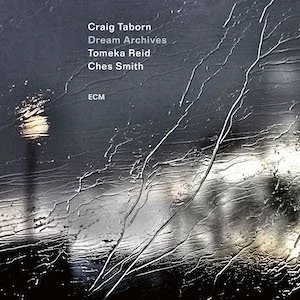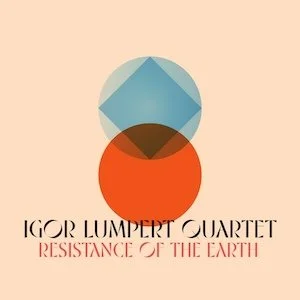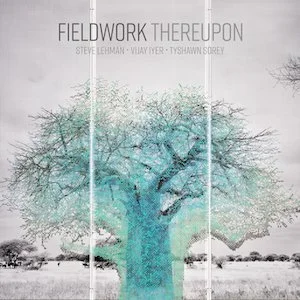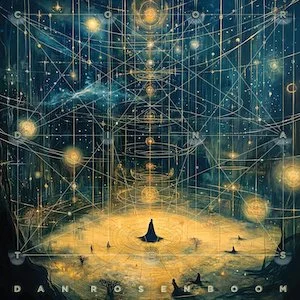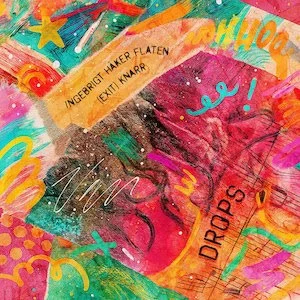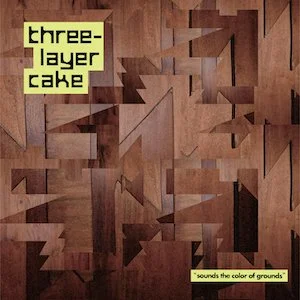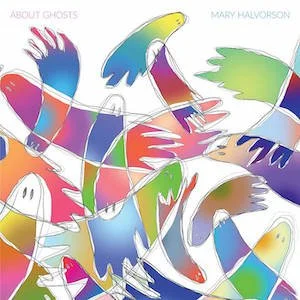Label: Out of Your Head Records, 2026
Personnel - Tomeka Reid: cello; Mary Halvorson: guitar; Jason Roebke: acoustic bass; Tomas Fujiwara: drums.
With the same creative spirit and responsiveness that have driven her previous records, cellist and composer Tomeka Reid releases Dance! Skip! Hop!, her fourth quartet album and a follow-up to the brilliant 3+3 (Cuneiform Records, 2024), continuing to build an enviable body of work. The album comprises five tasteful new compositions in which the group—Mary Halvorson on guitar, Jason Roebke on bass, and Tomas Fujiwara on drums—carves out strong musical moments where commitment, brilliance, and substance render any unnecessary flashy gestures or pretentious stylization.
The quartet bursts out of the gate with the joyous title track, presenting a unison pizzicato cello-guitar riff over an accelerated brushed drum shuffle and a loosely swinging bass drive. There is catchy angularity without ever losing a sense of direction. The strong motivic focus and phrasal fluency of the solos lead to a firmly grounded final vamp in six that stimulates Fujiwara’s creativity.
The group not only boasts a distinctive sound, reinforced by its low-register depth, but also rewards listeners rooted in tradition as much as those with more adventurous ears. “a(ways) for CC and CeCe” begins with Roebke’s big, rounded tone upfront, unfolding into an ingenious collision of funk, world music, Latin influences, and avant-garde jazz. Its tightly coordinated passages involve shifting tempos and quirky mood changes. In turn, “Under the Aurora Sky” starts as a ballad, blending lightly elegiac and reflective tones with exploratory intensity. With bowed cello lamenting at its core, the piece ends in a crescendo through a surging vamp anchored by Roebke and Fujiwara’s robust foundation.
That same looseness and sense of abandon that make everything sound natural and interconnected also shape “Oo Long!”, a rugged, grooving piece with a funk disposition and well-calibrated, precise attacks across its exploratory sonic grid. Besides being dance-friendly, it features Halvorson’s guitar immersed in noise, pushing beyond the lines with explosive indie-rock influence. The album closes with “Silver Spring Fig Tree”, a contained serenade, soothing in character and pleasing to the ear, featuring synchronized interplay, counterpoint, and spontaneous release.
The masterfully executed material, marked by tight group interplay and bright solos born from impressive instrumental control, confirms Reid as one of the most creative voices in jazz. She and her peers carve a jagged line across influences, forming a dynamic, ever-expanding sonic network that fully showcases their collective strengths.
Favorite Tracks:
01 - dance! skip! hop! ► 02 - a(ways) for CC and CeCe ► 03 - Oo long!



